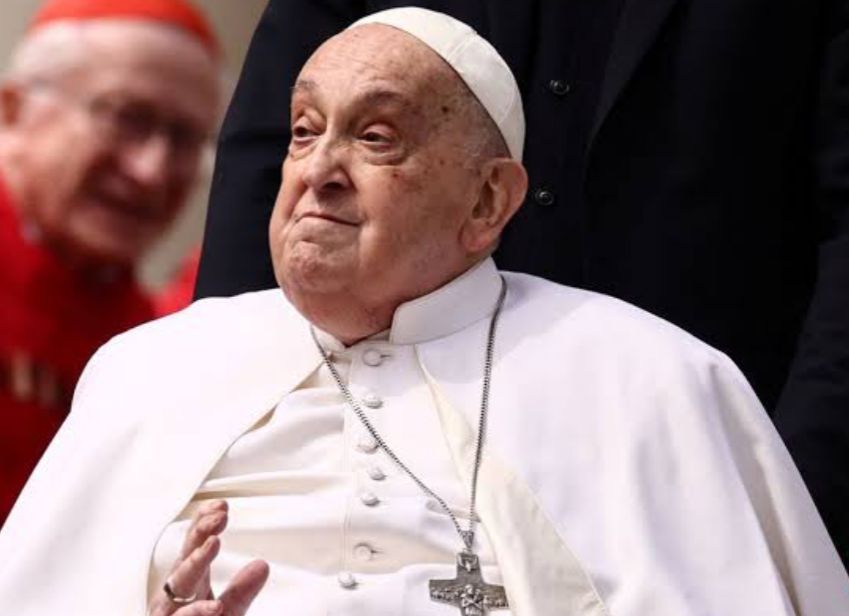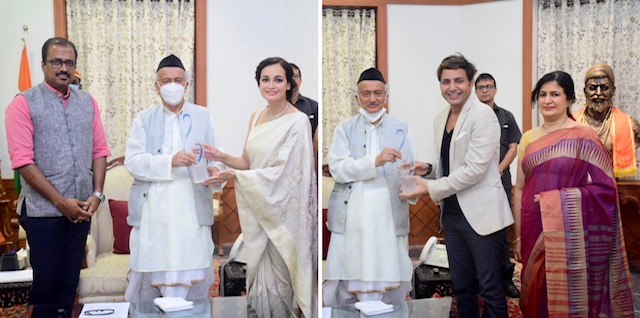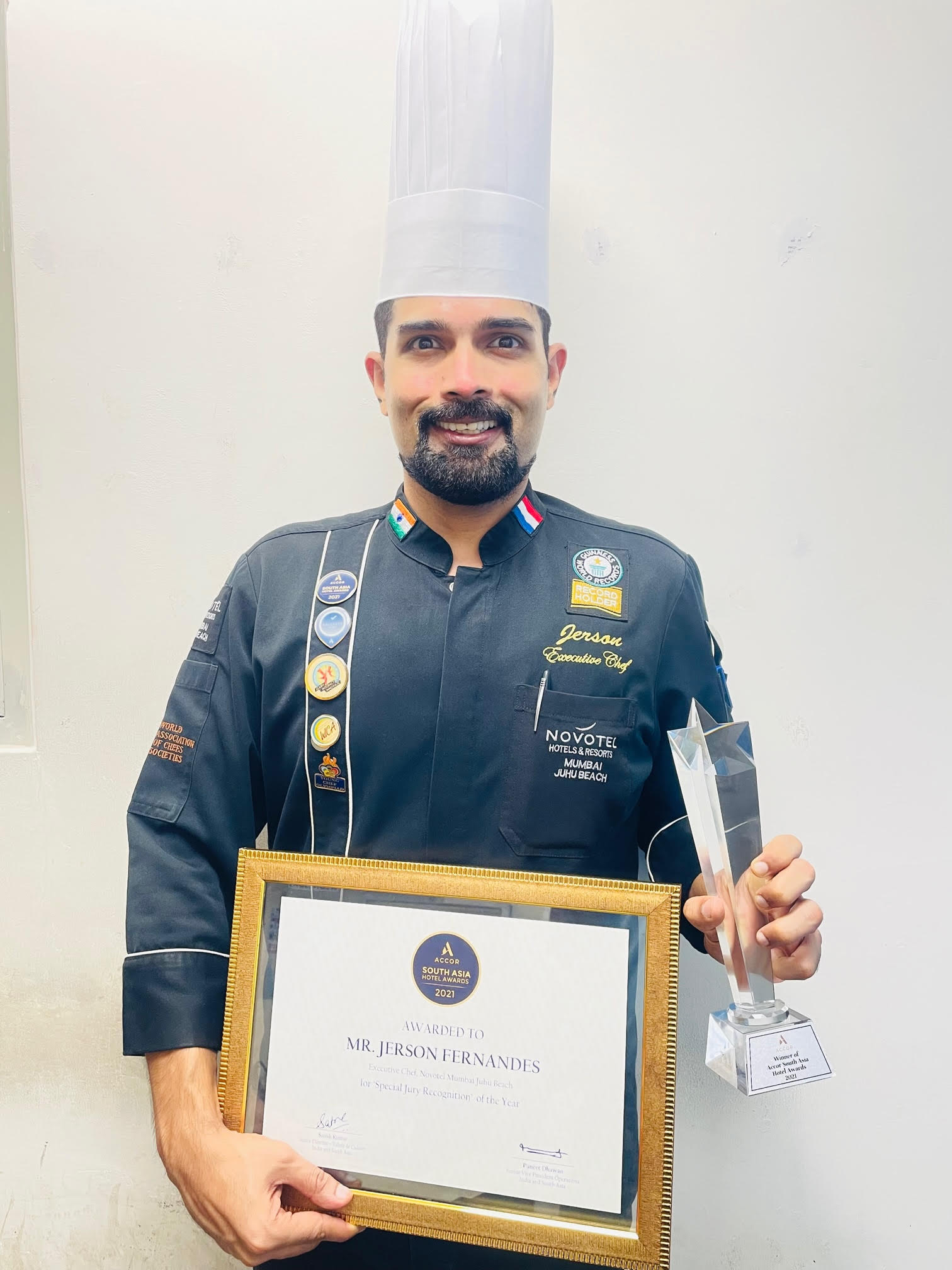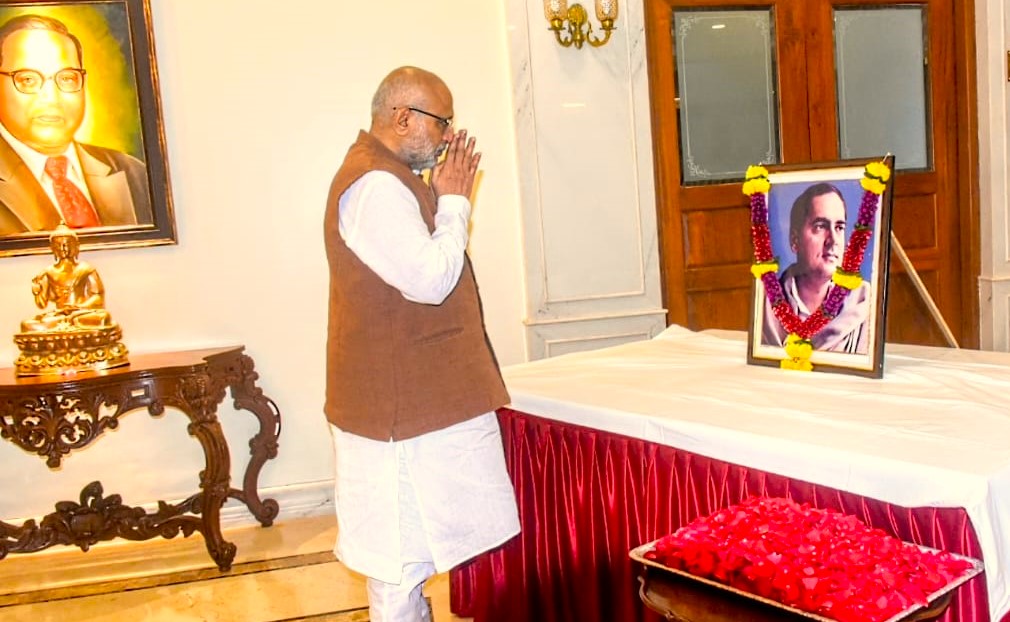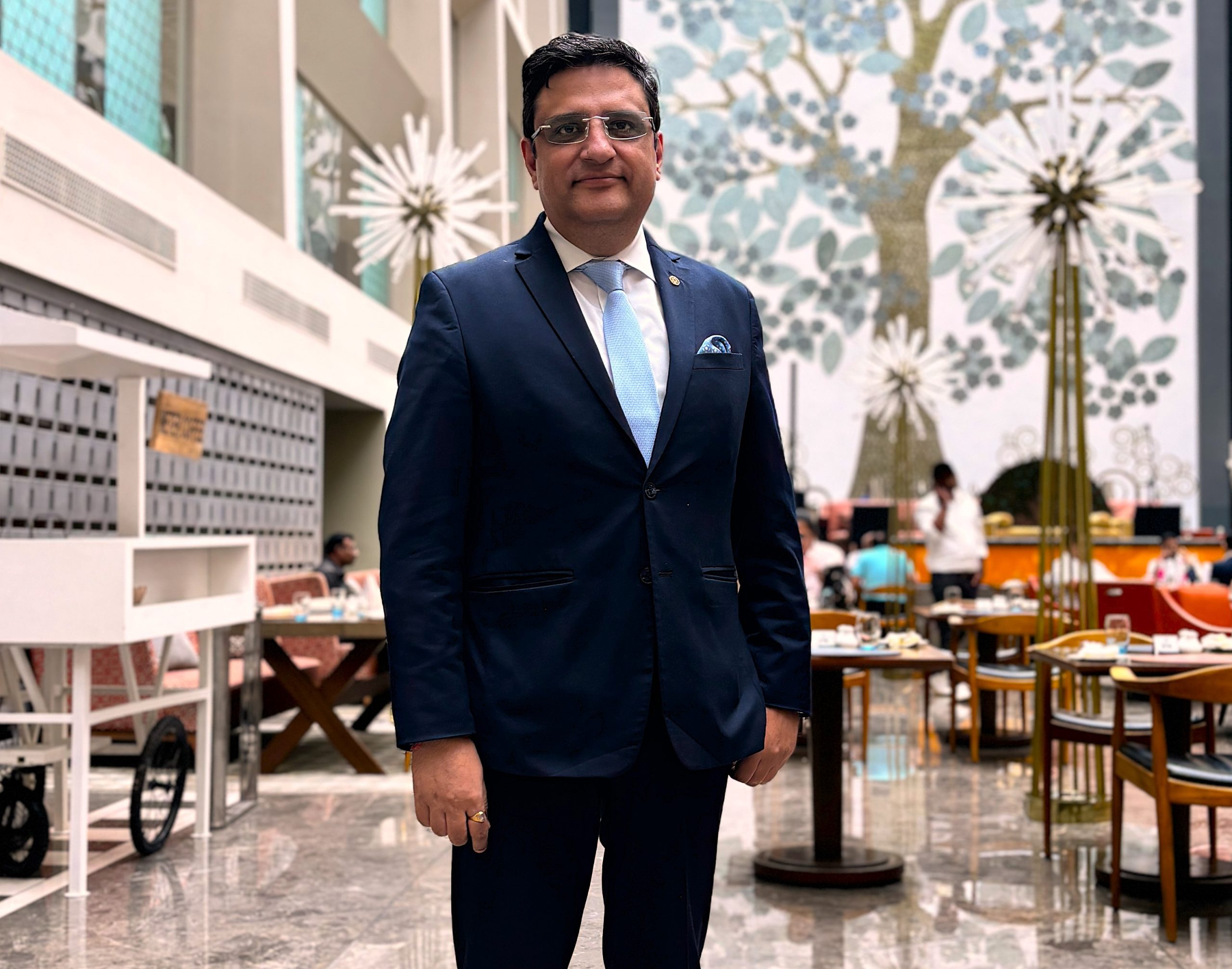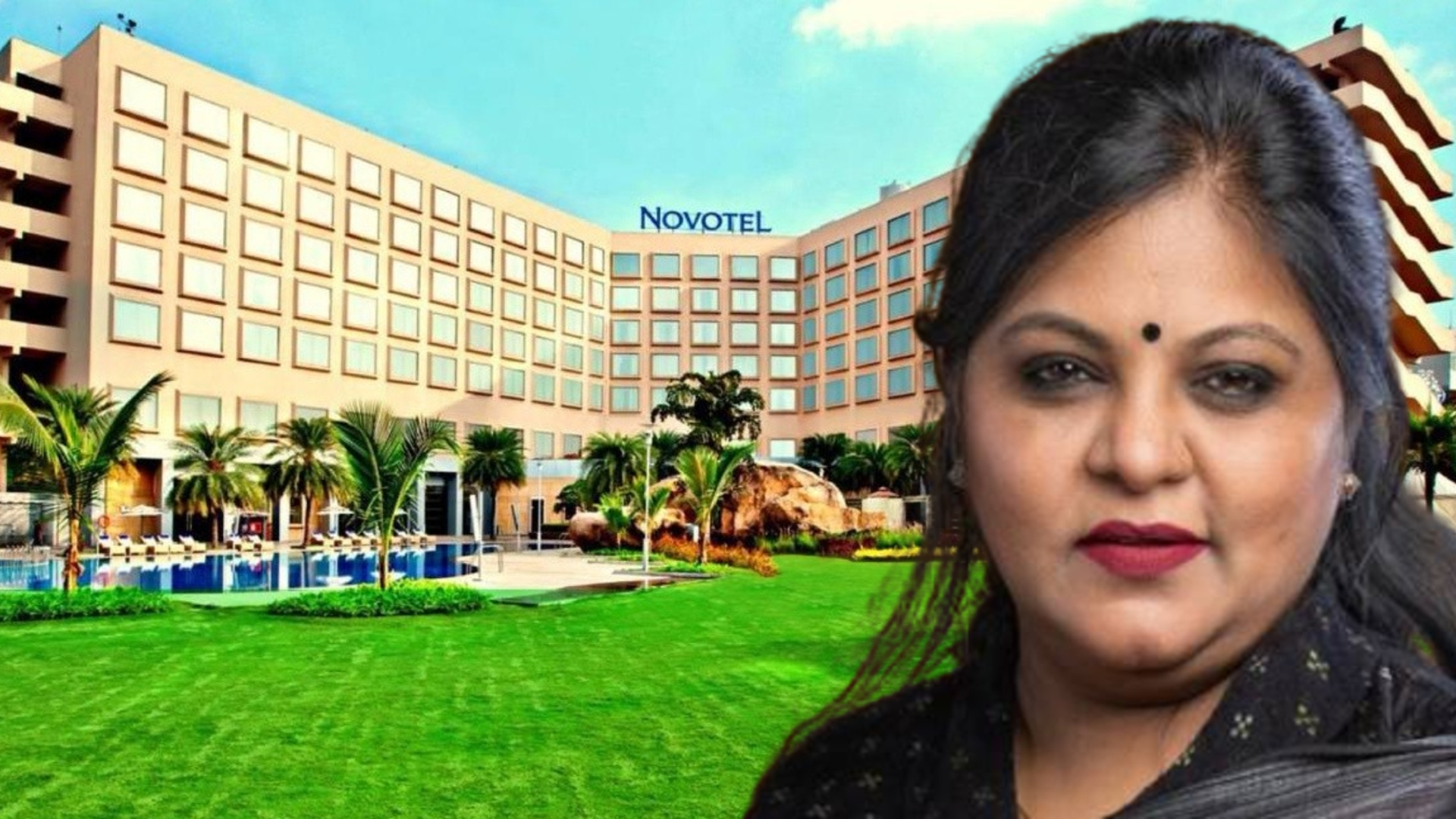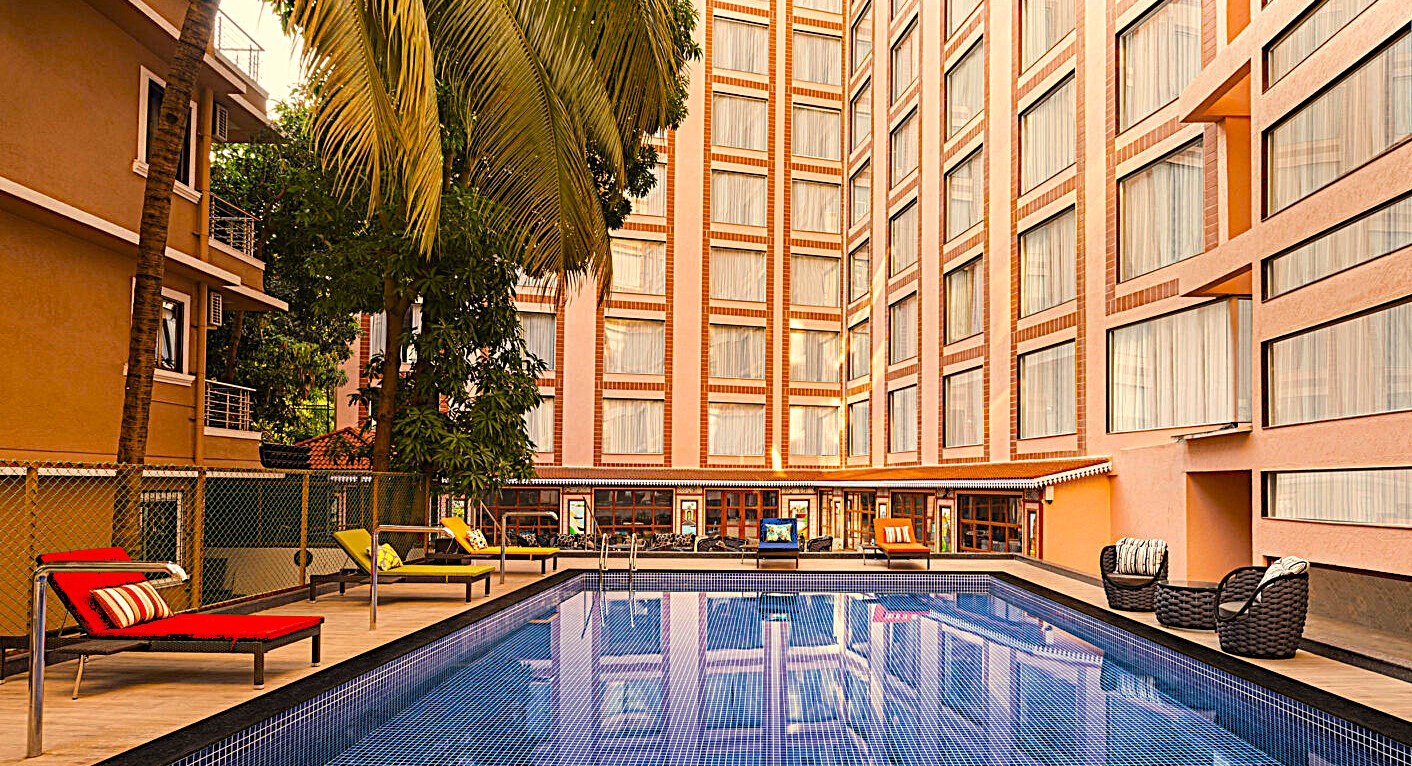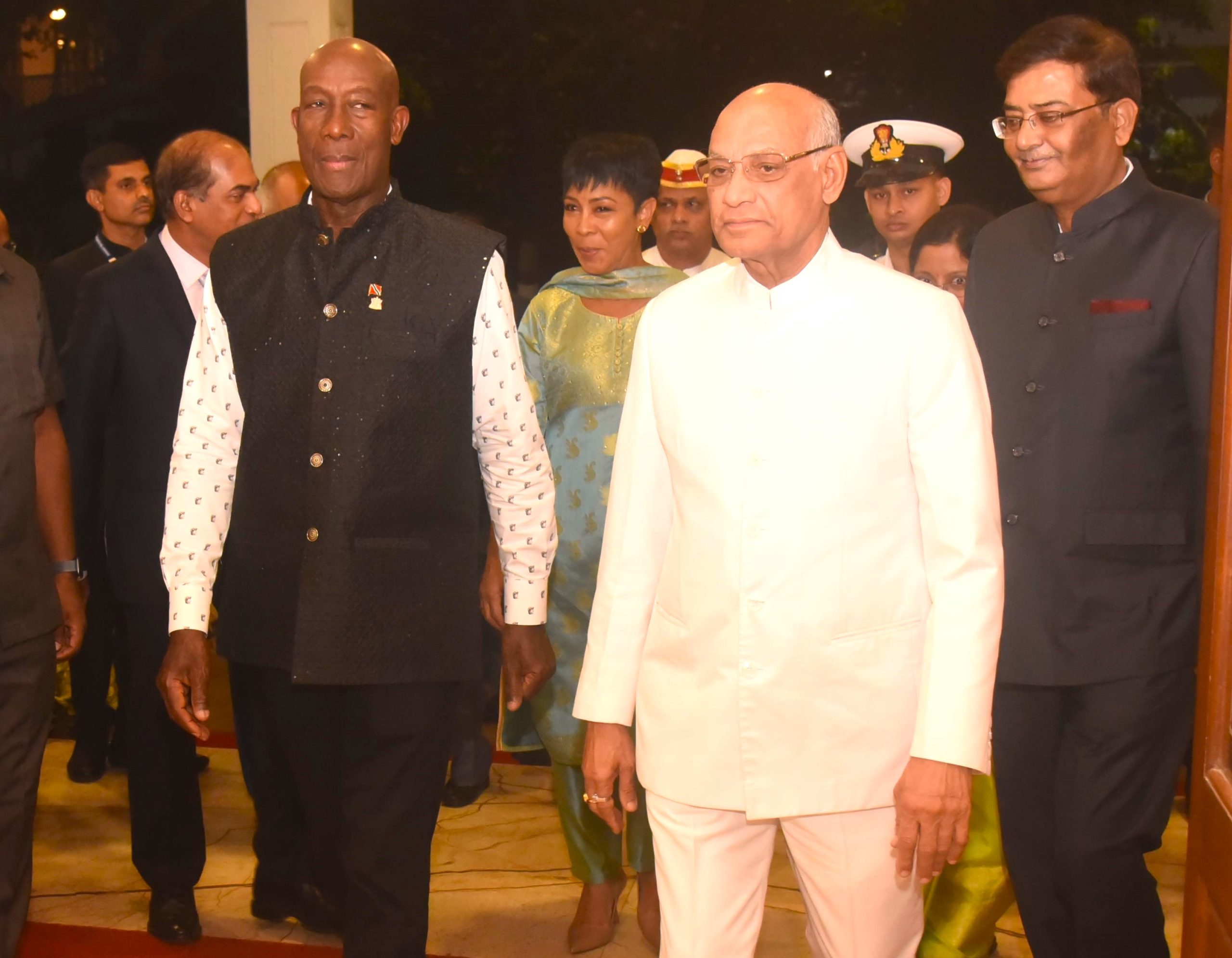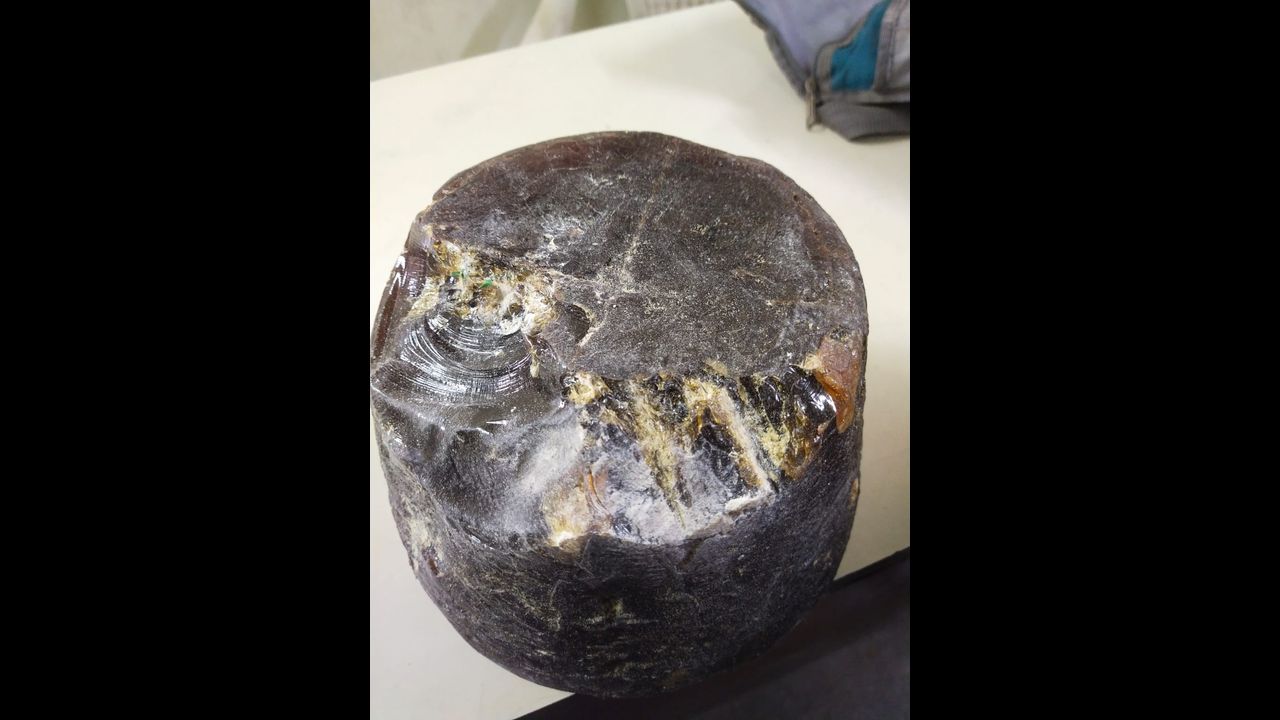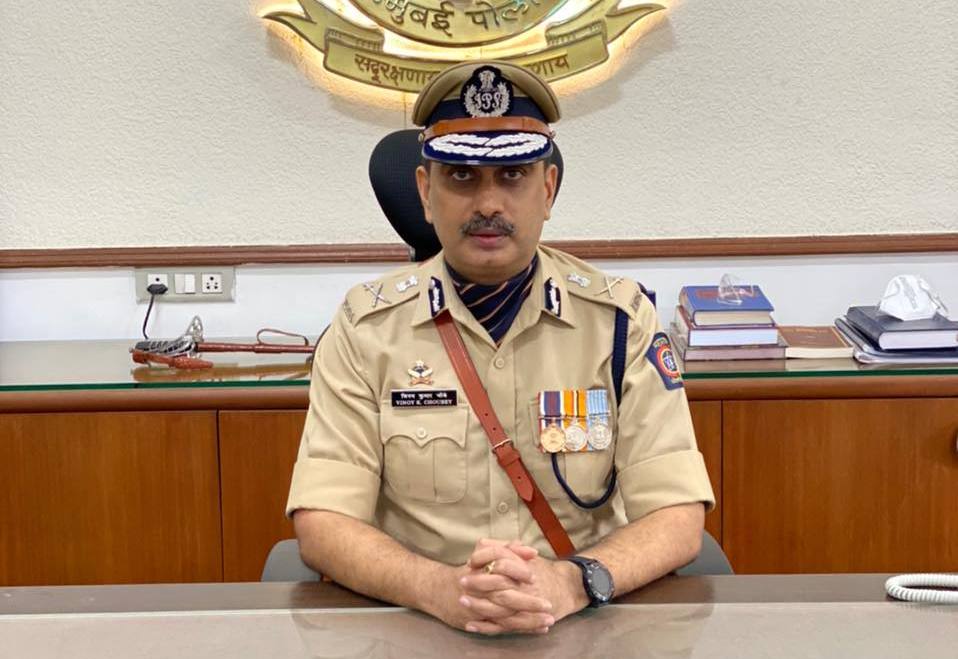Pope Francis, born Jorge Mario Bergoglio on December 17, 1936, in Buenos Aires, Argentina, was the eldest of five children in a family of Italian immigrants. His father, Mario, was a railway accountant, and his mother, Regina, was a devoted homemaker. The Bergoglio household was steeped in Catholic values, strong family bonds, and a deep sense of service.
Growing up in the working-class neighborhood of Flores, Jorge was a studious and introspective boy. Early on, he developed a strong faith and a natural empathy for the underprivileged. He trained as a chemical technician, working briefly in a lab, before answering his true calling: the priesthood.
At the age of 21, Jorge underwent a severe illness—pneumonia and three cysts led to the partial removal of one lung. This life-altering episode profoundly shaped his spiritual journey. In 1958, he joined the Society of Jesus (Jesuits), known for their intellectual rigor, missionary zeal, and vow of obedience to the pope.
He was ordained a priest in 1969 and took his final Jesuit vows in 1973, the same year he was appointed Provincial Superior of the Jesuits in Argentina. At just 36, he became the youngest person to hold the position. Despite the turbulence of Argentina’s military dictatorship, Father Bergoglio kept a low profile while quietly working to shelter those persecuted by the regime, often risking his own safety.
After a decade of serving in leadership roles within the Jesuits, Bergoglio shifted to diocesan work. In 1992, he was appointed Auxiliary Bishop of Buenos Aires and later became Archbishop in 1998. Known for his modesty, he refused the archbishop’s palace and chose instead to live in a small apartment, cook his own meals, and use public transportation. He quickly became known as the “bishop of the slums,” frequently visiting the poorest communities in Argentina.
In 2001, he was elevated to the College of Cardinals by Pope John Paul II, and his quiet influence began spreading beyond Latin America. In Rome, he was respected for his theological wisdom, simplicity, and humility.
On March 13, 2013, Jorge Mario Bergoglio was elected the 266th pope of the Roman Catholic Church—the first Jesuit pope, the first from the Americas, and the first non-European pope in over 1,200 years. He chose the name Francis, inspired by Saint Francis of Assisi, the patron of peace and the poor.
That choice alone set the tone for his papacy: a Church that serves rather than rules, that listens rather than dictates.
Championing the Poor and Marginalized
Pope Francis made solidarity with the poor a defining theme of his papacy. He repeatedly criticized economic inequality, consumerism, and the “throwaway culture” that devalues human life.
“A Church that is poor and for the poor.”
— Pope Francis
He supported grassroots movements, spoke against unjust labor practices, and championed indigenous rights in Latin America, the Amazon, and beyond.
Environmental Leadership
In 2015, he released the groundbreaking encyclical Laudato Si’: On Care for Our Common Home. It was the first papal document dedicated entirely to climate change, linking ecological destruction with social injustice.
“The Earth, our home, is beginning to look more and more like an immense pile of filth.”
Laudato Si’ urged global leaders to take action, resonating even with non-Catholics and environmental activists worldwide.
Interfaith Dialogue and Global Peace
Pope Francis extended unprecedented hands of friendship to leaders of other faiths:
– He met Grand Imam Ahmed el-Tayeb of Al-Azhar (Cairo), helping thaw Catholic-Muslim tensions.
– In 2021, he made a historic visit to Iraq, including a meeting with Ayatollah Ali al-Sistani, a leading Shiite cleric.
– He also built bridges with Jewish and Orthodox Christian communities, affirming shared values and cooperation.
Reforms within the Vatican
Francis initiated major reforms to clean up the Vatican Bank, increase transparency in Church finances, and decentralize decision-making. He also:
– Appointed women to leadership roles in previously male-only Vatican departments.
– Overhauled the Curia (governing body of the Church) through the 2022 apostolic constitution Praedicate Evangelium.
– Promoted synodality—emphasizing that the Church must walk together, listening to all voices.
Addressing the Clergy Abuse Crisis
While the crisis predated his papacy, Pope Francis took important steps:
– He held a global summit in 2019 with bishops to address sexual abuse.
– He enacted new accountability rules requiring dioceses worldwide to report abuse and cover-ups.
– In 2021, he removed high-ranking cardinals accused of misconduct, including Cardinal McCarrick in the U.S.
His tone was firm: zero tolerance, transparency, and victims first.
Promoting a More Inclusive Church
Francis encouraged an open, merciful Church. He welcomed LGBTQ+ individuals and divorced Catholics into dialogue, saying:
“If someone is gay and is searching for the Lord and has good will, who am I to judge?”
While not altering doctrine, he shifted the tone from condemnation to compassion, igniting both praise and criticism.
Global Humanitarian Efforts
Francis was a voice of conscience on the global stage:
– He called for peace in Ukraine, the Middle East, and Africa.
– Advocated for refugees and migrants, saying walls and borders shouldn’t override human dignity.
– He spoke at the United Nations, urging action against poverty, arms trafficking, and environmental decay.
Personal Example of Humility
From day one, Pope Francis chose simplicity:
– He lived in a Vatican guesthouse instead of the Apostolic Palace.
– Refused elaborate papal garments.
– Personally called ordinary people who wrote to him.
– Was often photographed hugging the sick and disabled.
Final Years and Death
In his later years, Pope Francis battled various health issues including sciatica, respiratory infections, and mobility problems, often using a wheelchair. Despite his ailments, he continued to lead, speak, write, and travel — showing great resilience and commitment to his mission.
In early 2025, his health began to decline. On April 21, 2025, Pope Francis passed away peacefully in Casa Santa Marta, his simple Vatican residence, following complications from a stroke and bronchial illness. He was 88 years old.
His passing prompted mourning across the globe—from cardinals to laypeople, heads of state to the homeless shelters he visited in secret.
Legacy
Pope Francis will be remembered as:
– The People’s Pope – loved for his simplicity and authenticity.
– A Global Moral Voice – speaking fearlessly on poverty, climate change, war, and migration.
– A Reformer – who pushed the Church to listen, adapt, and walk with its people.
– A Bridge-Builder – who softened divides across religions, politics, and ideologies.
He didn’t change doctrine but transformed tone, posture, and the pastoral heart of the Church. He reminded the world that religion, at its best, is about love, mercy, justice, and human dignity.
In his own words:
“Rivers do not drink their own water; trees do not eat their own fruit. The sun does not shine on itself. Living for others is a rule of nature. We are all born to help each other.”
Pope Francis lived and died by that principle. And for it, millions across the world are forever grateful.

Surjitt Sahani

